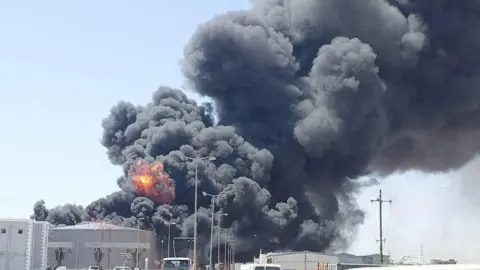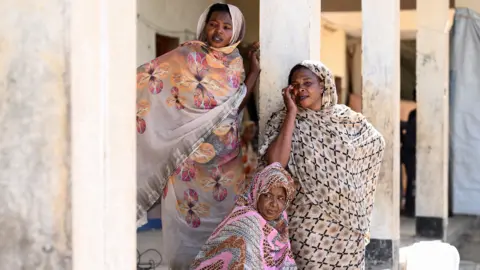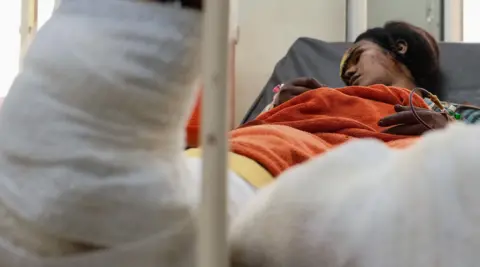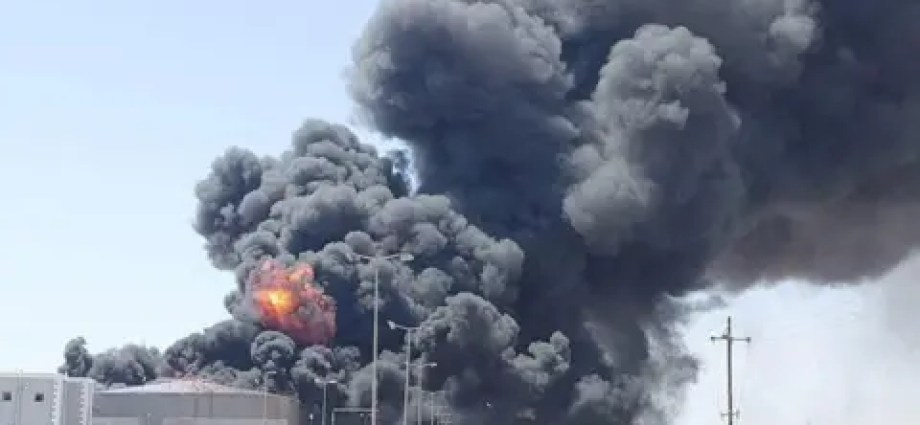Sudan’s Civil War Escalates as RSF Launches Drone Strikes on Port Sudan

By Barbara Plett Usher | BBC News
Sudan’s civil war has entered a dangerous new phase as paramilitary fighters launch unprecedented drone strikes on Port Sudan, marking a significant escalation in the conflict now entering its third year.
Shock and Awe Campaign
Just weeks after the Sudanese Armed Forces (SAF) celebrated recapturing Khartoum, their rivals the Rapid Support Forces (RSF) have unleashed what experts describe as a “shock and awe campaign” targeting the eastern city of Port Sudan.
The attacks have caused severe power blackouts and water shortages for residents, while demonstrating the RSF’s ability to continue fighting despite territorial losses.
“It’s a level of power projection within this region that we haven’t seen yet,” says Alan Boswell, Horn of Africa expert for the International Crisis Group.
Drone Warfare Evolution
The conflict has increasingly featured advanced drone technology:
- The SAF initially used UAVs to gain ground earlier this year
- The RSF escalated drone use after being pushed from Khartoum
- Recent strikes targeted power stations in Omdurman, causing capital-wide outages

Strategic Shift in Warfare
Analysts note the RSF’s strikes represent a strategic shift toward remote warfare. Sudanese political analyst Kholood Khair explains:
“The RSF is trying to show that they don’t need to reach Port Sudan by land to have an impact… They want to unequivocally show that the war is not over until they say so.”
The RSF appears to be using sophisticated Chinese-manufactured CH-95 drones capable of long-range strikes, according to defense intelligence company Janes.
International Involvement
The conflict has drawn in foreign powers:
- SAF accuses UAE of supplying RSF with drones
- Evidence suggests Iranian support for SAF
- Turkish defense firms allegedly involved in drone sales

Humanitarian Crisis Worsens
The UN warns the Port Sudan attacks could:
- Disrupt critical aid operations
- Cause large-scale civilian casualties
- Further complicate relief efforts
Justin Lynch of Conflict Insights Group warns: “This war is always evolving, always changing… it will continue for years and decades unless there is serious diplomatic action to stop it.”


